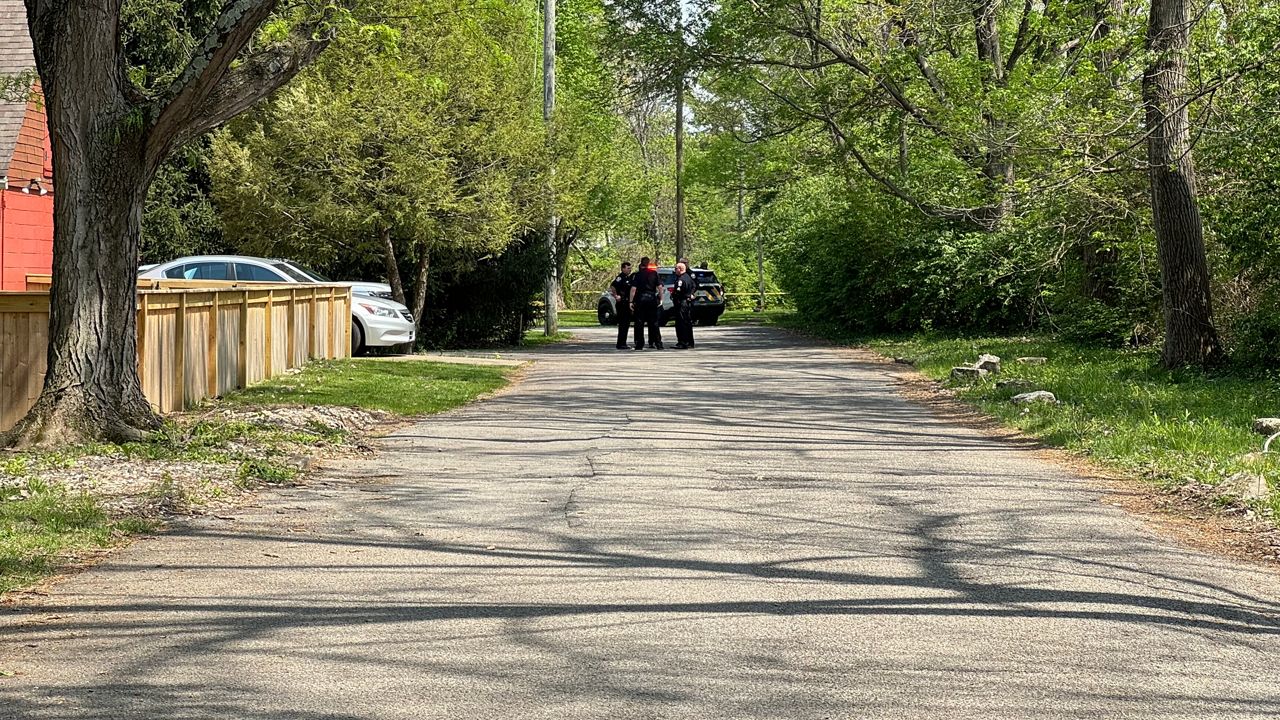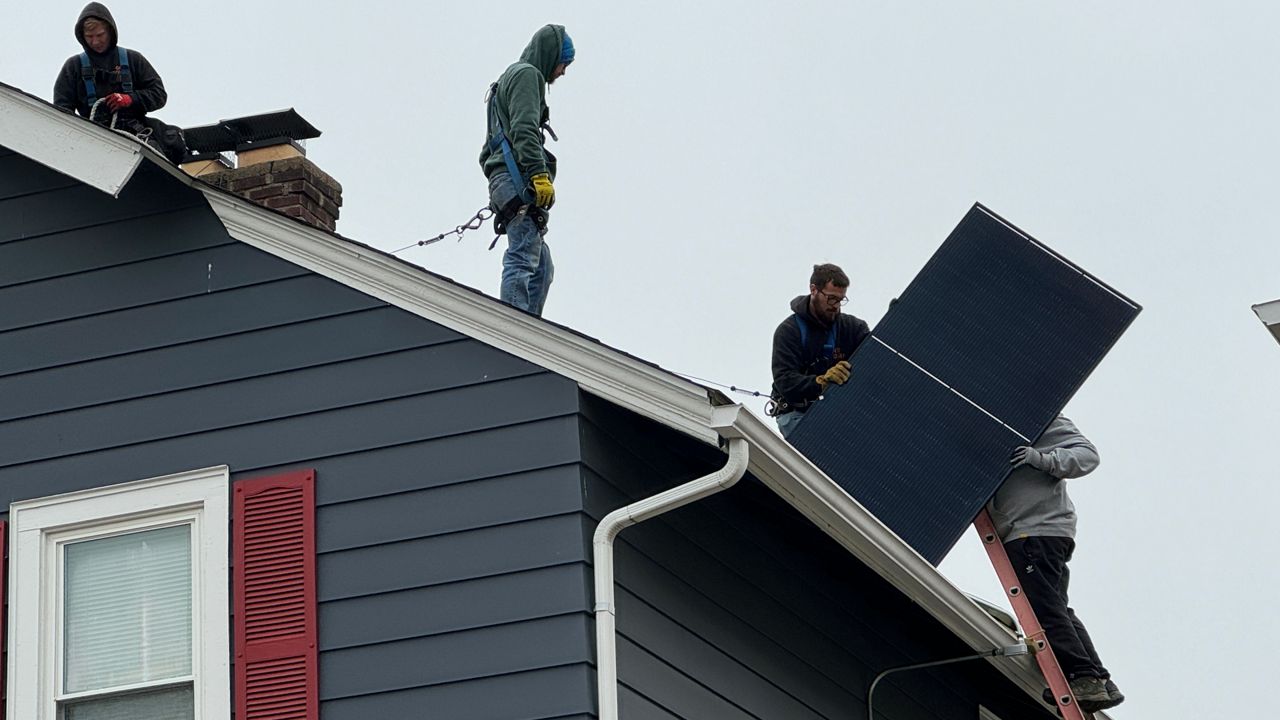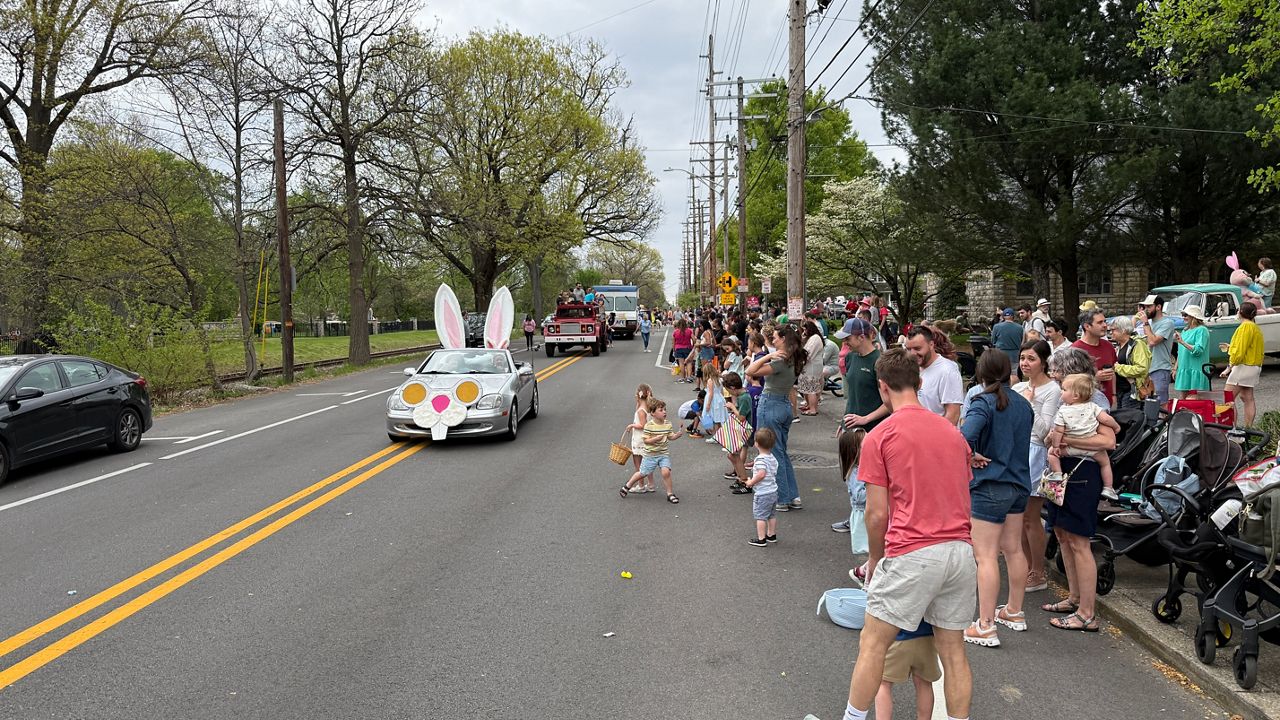LOUISVILLE, Ky. — A new act proposed by the Kentucky General Assembly could impact people experiencing homelessness. The Safer Kentucky Act is a wide-ranging public safety bill, and some of its opponents say if it's passed, it could criminalize being homeless.
For more than three and a half decades, Nina Moseley has been helping the homeless at Wayside Christian Mission in downtown Louisville. The Safer Kentucky Act aims to criminalize camping on public or private streets, parks or underbridges, which Moseley said she doesn't support.
"I’m not for criminalizing homelessness, not at all," she said. "But I am for giving us enough leverage to help people get their lives back, if they could just see that."
Catherine McGeeney, director of communications for Louisville-based homeless advocacy group Coalition for the Homeless, said the bill will not solve homelessness.
“Telling someone that they cannot sleep in their car or in an encampment does not end homelessness ... certainly, taking money away from evidence-based successful housing programs does not end homelessness," McGeeney said.
"We're very opposed to the insinuation and the justification of a use of force against someone who is unsheltered or unhoused. We know that in those situations, de-escalating and getting that person help are what we should do."
Moseley said she thinks private citizens should not be allowed to use force against people experiencing homelessness and should rely on the police. However, she acknowledged it can be troubling for businesses.
"It’s very disruptive for businesses," Moseley said. "People don’t want to go into your business because they don’t want to go in front of folks that are creating this mess out there. You know the city puts trash receptacles there, but nobody uses them."
The bill would also block funding for initiatives that provide permanent housing if the program doesn’t require people to stop using drugs, alcohol, criminal activity or agree to receive mental health help.










